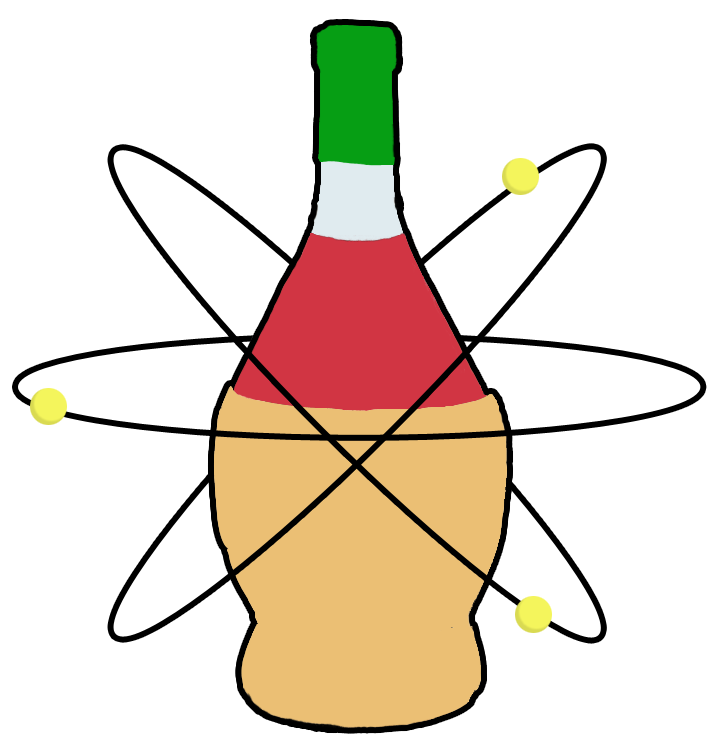Source code for fiasco.fiasco
"""
Package-level functions
"""
import astropy.units as u
import numpy as np
import plasmapy.particles
from plasmapy.particles.exceptions import InvalidParticleError
from scipy.interpolate import interp1d
import fiasco
from fiasco.io import DataIndexer
__all__ = ['list_elements', 'list_ions', 'proton_electron_ratio']
[docs]
def list_elements(hdf5_dbase_root=None, sort=True):
"""
List all available elements in the CHIANTI database.
Parameters
----------
hdf5_dbase_root: path-like, optional
If not specified, will default to that specified in `fiasco.defaults`.
sort: `bool`, optional
If True, sort the list of elements by increasing atomic number.
"""
if hdf5_dbase_root is None:
hdf5_dbase_root = fiasco.defaults['hdf5_dbase_root']
elements = []
root = DataIndexer.create_indexer(hdf5_dbase_root, '/')
for f in root.fields:
try:
elements.append(plasmapy.particles.atomic_symbol(f.capitalize()))
except InvalidParticleError:
continue
if sort:
elements = sorted(elements, key=lambda x: plasmapy.particles.atomic_number(x))
return elements
[docs]
def list_ions(hdf5_dbase_root=None, sort=True):
"""
List all available ions in the CHIANTI database
Parameters
----------
hdf5_dbase_root: path-like, optional
If not specified, will default to that specified in `fiasco.defaults`.
sort: `bool`, optional
If True, sort the list of elements by increasing atomic number.
"""
if hdf5_dbase_root is None:
hdf5_dbase_root = fiasco.defaults['hdf5_dbase_root']
root = DataIndexer(hdf5_dbase_root, '/')
# NOTE: get the list from the index if possible. This is ~30x faster
try:
ions = root['ion_index']
except KeyError:
ions = []
for f in root.fields:
try:
el = plasmapy.particles.atomic_symbol(f.capitalize())
for i in root[f].fields:
if f == i.split('_')[0]:
ions.append(f"{el} {i.split('_')[1]}")
except InvalidParticleError:
continue
# Optional because adds significant overhead
if sort:
ions = sorted(ions, key=lambda x: (plasmapy.particles.atomic_number(x.split()[0]),
int(x.split()[1])))
# NOTE: when grabbing straight from the index and not sorting, the result will be
# a numpy array. Cast to a list to make sure the return type is consistent for
# all possible inputs
return ions.tolist() if type(ions) == np.ndarray else ions
[docs]
@u.quantity_input
def proton_electron_ratio(temperature: u.K, **kwargs):
"""
Calculate ratio between proton and electron densities as a function of temperature
according to Eq. 7 of :cite:t:`young_chianti-atomic_2003`.
Parameters
----------
temperature : `~astropy.units.Quantity`
See Also
--------
fiasco.Ion : Accepts same keyword arguments for setting database and dataset names
"""
# Import here to avoid circular imports
from fiasco import log
h_2 = fiasco.Ion('H +1', temperature, **kwargs)
numerator = h_2.abundance * h_2._ioneq[h_2._instance_kwargs['ioneq_filename']]['ionization_fraction']
denominator = u.Quantity(np.zeros(numerator.shape))
for el_name in list_elements(h_2.hdf5_dbase_root):
el = fiasco.Element(el_name, temperature, **h_2._instance_kwargs)
try:
abundance = el.abundance
except KeyError:
abund_file = el[0]._instance_kwargs['abundance']
log.warning(
f'Not including {el.atomic_symbol}. Abundance not available from {abund_file}.')
continue
for ion in el:
ioneq_file = ion._instance_kwargs['ioneq_filename']
# NOTE: We use ._ioneq here rather than .ioneq to avoid doing an interpolation to the
# temperature array every single time and instead only interpolate once at the end.
# It is assumed that the ioneq temperature array for each ion is the same.
try:
ioneq = ion._ioneq[ioneq_file]['ionization_fraction']
t_ioneq = ion._ioneq[ioneq_file]['temperature']
except KeyError:
log.warning(
f'Not including {ion.ion_name}. Ionization fraction not available from {ioneq_file}.')
continue
denominator += ioneq * abundance * ion.charge_state
ratio = numerator / denominator
f_interp = interp1d(t_ioneq.to(temperature.unit).value,
ratio.value,
kind='linear',
bounds_error=False,
fill_value=(ratio[0], ratio[-1]))
return u.Quantity(f_interp(temperature.value))
